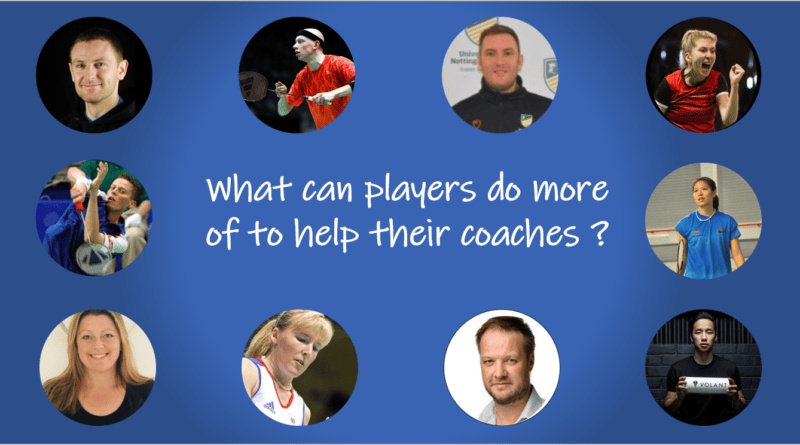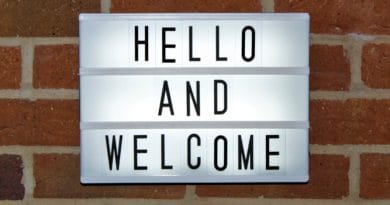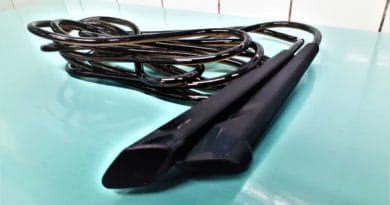What can players do more of to help their coaches
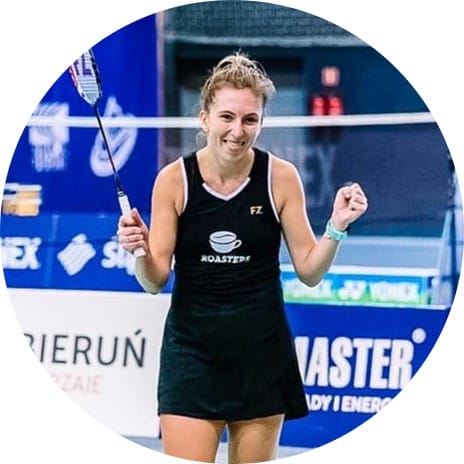
Jordan Hart
Be open to ideas. Which is something that I still sometimes struggle with.
As I am a senior I have habits formed from many years of playing. Sometimes my coach will ask me to change the way I hit a shot for example or change foot positioning in certain areas of the court.
Sometimes I can be reluctant to do this as changing things later on in your career is a lot harder than when you are young and learning new skills. But I think coaches that take the time to help the player understand why this change is necessary and what the outcome will be if the change is implemented is key for the player to buy into the idea.
Just being told ‘do this because I want you to’ doesn’t help either party which is something I have experienced in the passed.
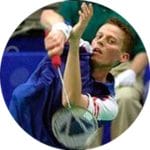
Richard Vaughan
Player's need to develop a badminton brain
I have been lucky enough to have been a player and a coach/administrator in the sport, so have seen both sides of the coin in terms of how players can do more to help coaches.
In general, you will find the best players are good at listening, reflecting on feedback, and as a result they learn and develop. Obviously listening helps ????
Players should make sure they understand feedback and never be afraid to ask more questions, then more questions and more questions; even if sometimes it is perhaps not 100% what the coach is teaching. If you do not understand something, don't agree when respectfully ask why the coach feels this way, suggest an alternative, and have a constructive discussion.
So, the big question is how you develop a badminton brain?
Developing a badminton brain means a positive active thirst for more information and a thorough understanding of all areas of the game. This is an expansive and lifelong journey.
Being honest about what they're finding works or not
Being upfront to them about it - not talking behind their backs. It's every coach's concern that they're not giving as much value as they'd like. There's nothing worse for a coach to not know if he/she isn't providing players with a beneficial session. We'd much rather know what you feel is working, what needs to change or be added - so that we know that you're getting what you need also.

Jo Davies
Coaches are not telepathic
Players could be more honest with their coaches, we don’t have a magic wand and we are not telepathic so we need to know if something isn’t right or a player has an ongoing injury, how they feel in certain situations ( tournaments, training, school ), what they think is working or not working in their training environment.
I also feel that players and coaches together should sit down and discuss goals, training, programme etc. Players and coaches need to approach it in a holistic way and there needs to be trust on both sides.

Toby Penty
Learn to analyse their own matches and performances
If players improve how they feedback to a coach it will lead to a better discussion about the positive and negative parts of their game. It will also help coaches understand how their own player looks at the game when they are on court and how they can work with that moving forward.

Martyn Lewis
Persevere, don’t look for a quick fix!
There is always a process a coach will go through. Ask questions about that process – don’t get bored with the simple exercise and routines. Chinese team taught me that recently. Think of it as working together not the coach just teaching you.

Tracy Hallam
Develop self-awareness
Players could listen to coaches and follow through with what the Coaches ask them to do. Especially when players are in a rush to improve or make teams/selections.
I feel that it's important to develop self-awareness: to be aware of what and how you need to do to perform an exercise or a practice. Players should try to become great at working through a task (listening to the coach, feeling how to perform the skill) so they can almost become their own Coach.
Practice with intensity

Daphne Ng
Players should be able to communicate effectively with the coach
It is important to clearly state needs, feelings, opinion, emotion and prevent hidden agendas.

Ben Caldwell
Players need to be open and honest in the way they communicate with their coach
Once a player understands that their coach wants to help and puts more trust in their coach, they will learn much more from their coach, Understanding how to interact with a coach when you are a player is not always easy because of the amount of emotion that can fly around in training and competition. Remember coaches are emotional also.
With better communication comes a productive coach athlete relationship in which the player and coach are both part of the development process. Coaches and players learn together.
Be aware that blindly following or always wanting to be told exactly what to do as a player doesn’t allow for constructive learning. This is a balancing act between learning to trust your coach and also question at the same time. Players need to understand that sometimes their coach might give them feedback which is hard to hear but that in the long run it will help them.
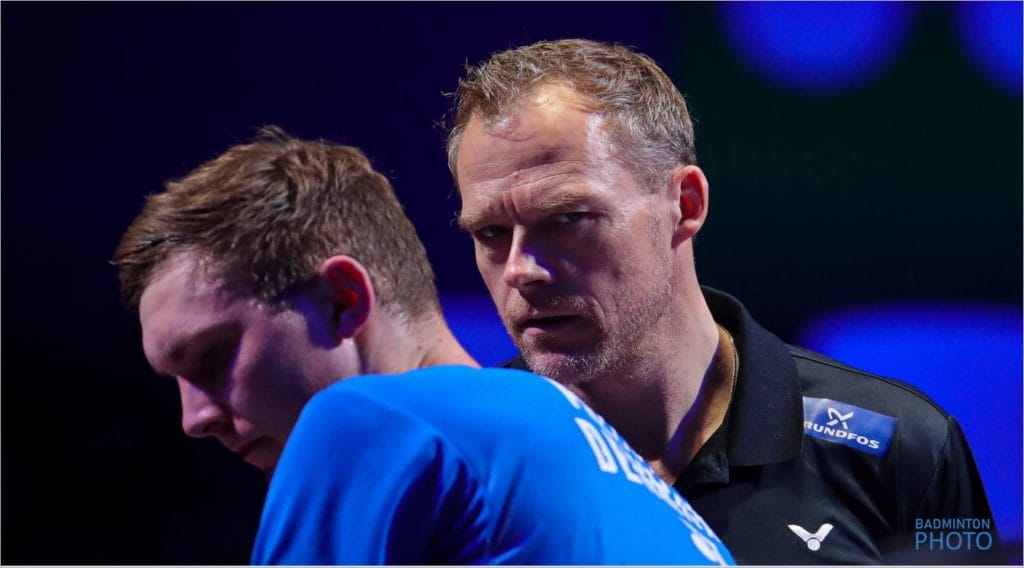
Thanks to everyone for their time and considered thoughts
If you'd like to read more about how to work with your coach then click this image and see if you agree with me 🙂
If you'd like to join this expert team and start sharing your knowledge, send me a message and I'll send you some questions
Thanks to everyone for their time and considered thoughts
If you'd like to join this expert team and start sharing your knowledge, send me a message and I'll send you some questions
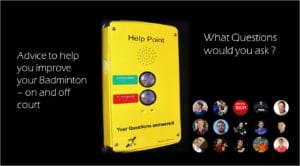
Don't forget to click here to see a list of all the questions

